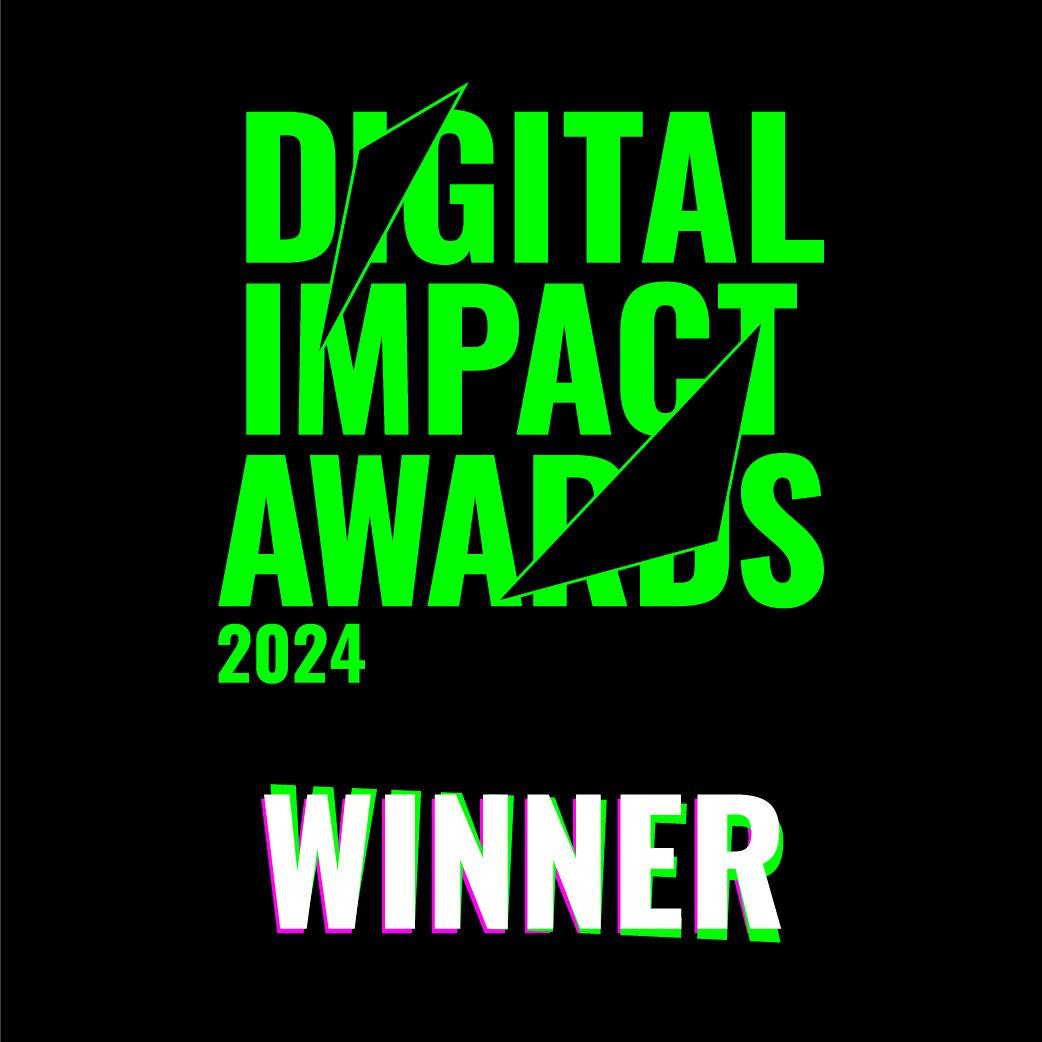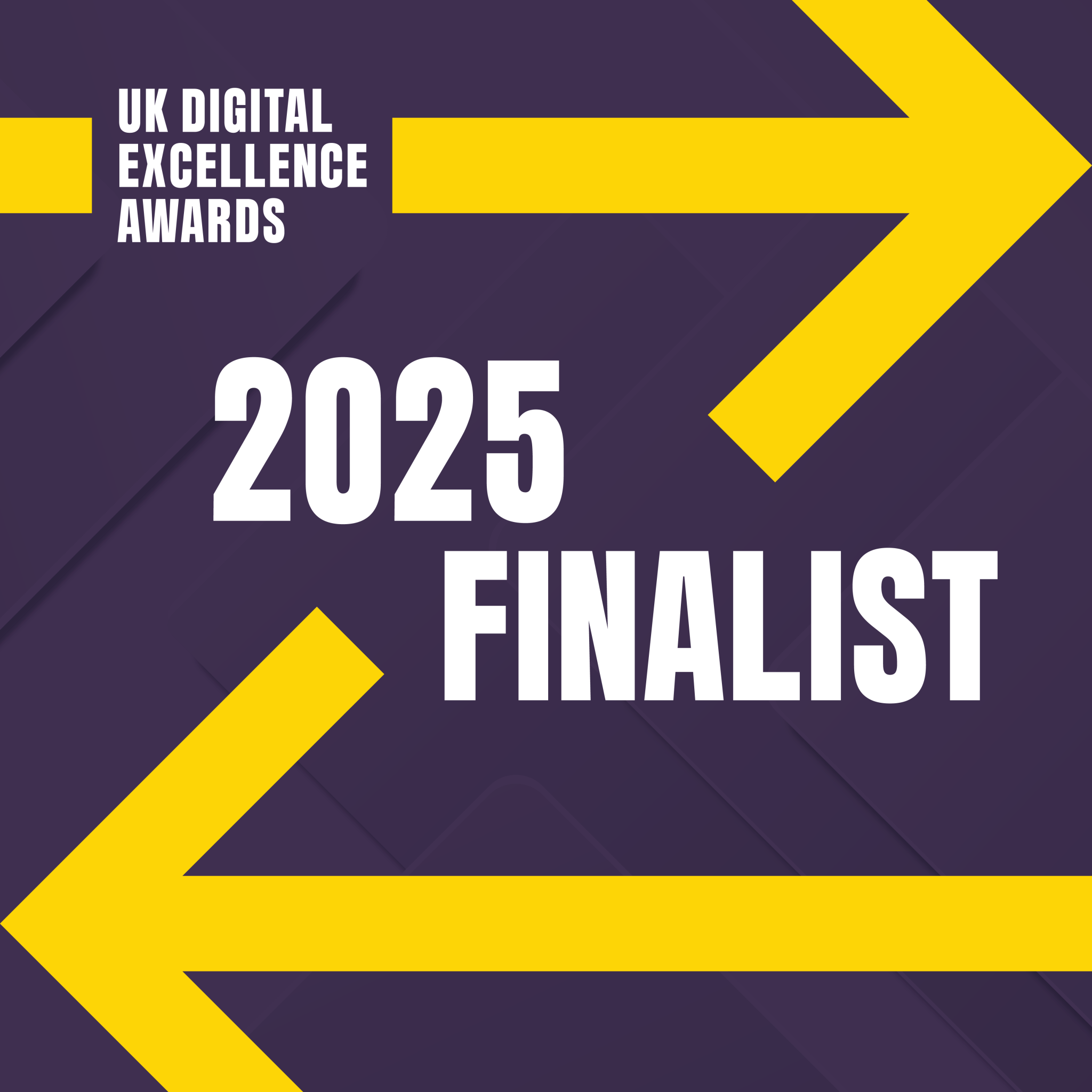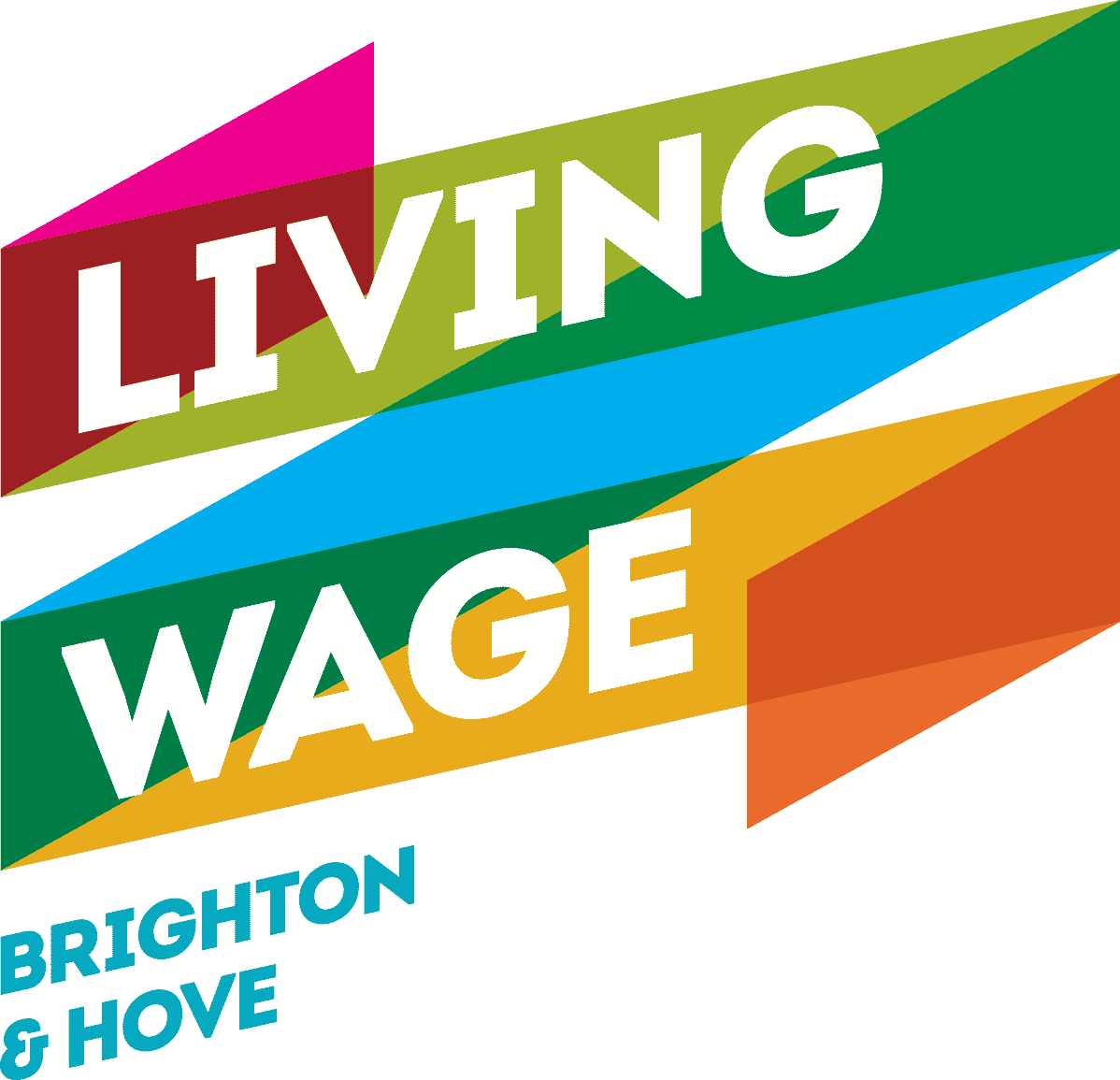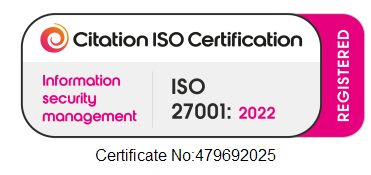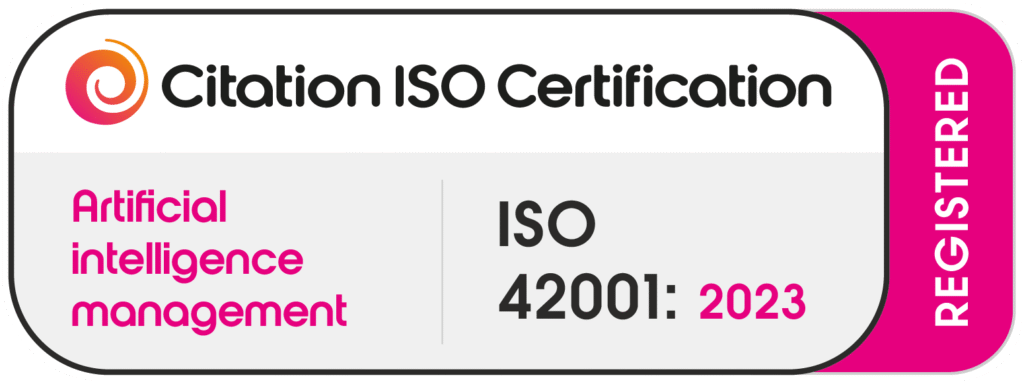Incredibly, two years have passed since the day (06 December 2021) I started my journey at Vixen Digital as an apprentice in Digital Marketing.
Who would have thought I’d still be here two years into my apprenticeship, having advanced to a Digital Marketing Executive role? It was an intense journey, navigating the challenges of exams and assignments and acclimating to a new work environment. Yet here I am, writing and reflecting on my apprenticeship experience.
In this post
How did it all start?
How did I end up in Digital Marketing with a background in tourism and gigs in hospitality and customer service? Well, life’s a journey, right?
It’s an unexpected career pivot, but the benefit of trying out different jobs is learning what you enjoy and don’t. I realised I wanted a more creative role in a growing industry – not just something that paid the bills, but a career I was passionate about.
I’ve started to develop an interest in social media, diving into online courses and blogs to learn more. As I was exploring the world of social media, things like SEO and email marketing, which I’d never heard of or considered before, grabbed my attention, and I wanted to know more.
I thought it would have been good to gain more knowledge about these topics but because I didn’t have any experience or qualifications to back me up, I decided that an apprenticeship in Digital Marketing would have been the perfect way to get a grasp of the theory while gaining some practical experience.
How did I get a digital marketing apprenticeship?
While looking for digital marketing courses, I stumbled upon Creative Process. Based in Brighton, they offer diverse courses and apprenticeships in Digital, Creative, Tech, Marketing, Business Support, and more. The apprenticeships are designed to cater to various skill levels, making it an ideal step to kickstart and advance your career.
After completing their free 3-week Digital Accelerator course, I applied for one of their apprenticeship programmes. The actual apprenticeship application must be through the government website. You need to register at https://www.gov.uk/apply-apprenticeship, and then you can start applying.
If you are found suitable for a position, you’ll be contacted by the apprenticeship provider, Creative Process, who will arrange an interview with your potential employer. If you are successful, you’ll receive the contract to sign and all the details about your training course.
Once you get your contract signed, you are ready to start!
My experience at Vixen Digital
I am incredibly lucky to have stumbled upon Vixen Digital.
With Vixen being a small company, it has given me exposure to a diverse range of tasks and responsibilities across multiple areas of digital marketing. I began as a Social Media Assistant. My main tasks were creating content calendars, post-scheduling, monthly reporting, briefing the designers and liaising with clients, one of which was our biggest one. However, I quickly delved into various other areas, such as email marketing, content creation for our blog, dabbling in SEO, and a bit of paid social.
I also started looking after our own social media accounts and writing articles about digital marketing for our blog, which was quite challenging but a great way to gain more knowledge.
I’ll admit I felt overwhelmed at first, as I didn’t have any prior experience in digital marketing. The support of my line manager Emina and the rest of the team was invaluable.
Despite the hustle typical of a digital marketing agency, there’s always a chilled vibe, and everyone is more than willing to lend a hand, making Vixen a truly great place to work.
At the end of my apprenticeship, I was offered a permanent role as Digital Marketing Executive, which I was very happy to accept.
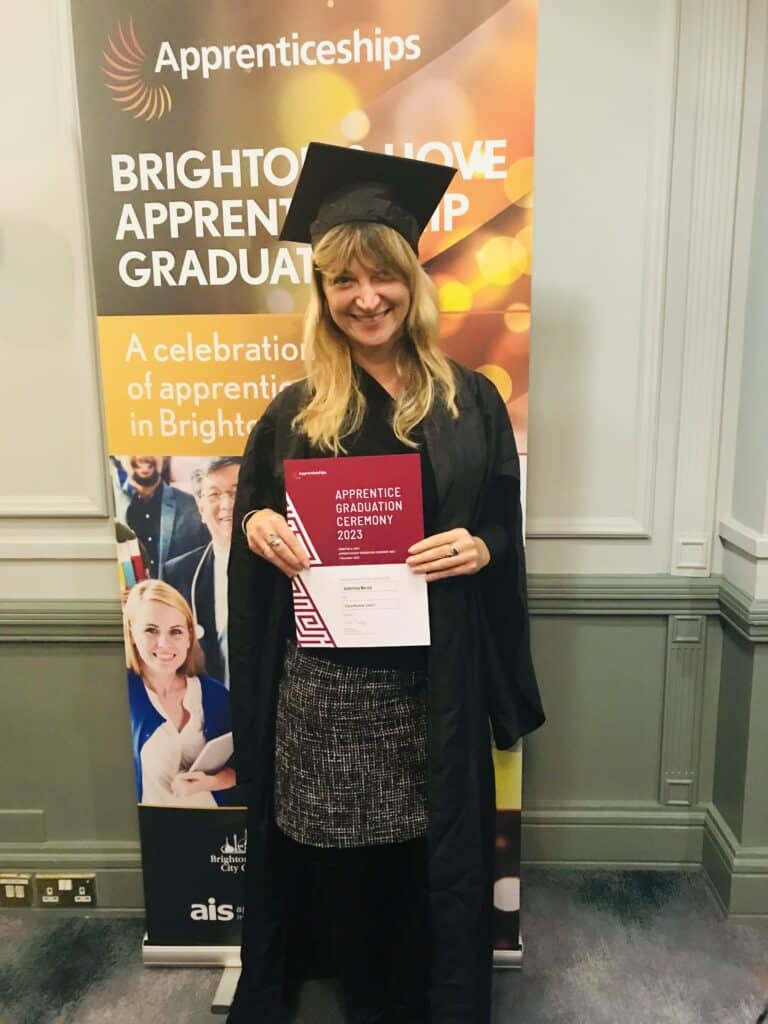
Is an apprenticeship in digital marketing worth it?
Based on my firsthand experience, I would recommend viewing an apprenticeship as the initial step on your professional journey. It serves as an excellent entry point into your chosen industry, particularly for those without prior experience, and it could be a better starting point than university – something we’ve discussed before in our blog “Do I Need a Degree for Digital Marketing?”.
What sets an apprenticeship apart from a traditional university route is its cost-effectiveness and the invaluable hands-on experience it offers. Being actively immersed in a professional environment provides a unique opportunity to gain practical insights, work collaboratively within a team, and contribute meaningfully to real-world projects.
Plus, it also integrates your skills with essential theoretical knowledge that will help you gain an overview of the job. While earning money through your apprenticeship, you have the flexibility to consider future educational pursuits, including obtaining a university degree. It’s a pragmatic approach that allows you to gain valuable work experience, contribute to your financial independence, and potentially fund your university education if you choose to pursue it later on.
Apprenticeship FAQs
Apprenticeship Entry Requirements
To start an apprenticeship, you’ll need to be:
- 16 or over – there’s no upper age limit
- not in education (full or part-time)
- living in England or have the right to work and live in the country
Something worth mentioning and taking into consideration before applying for an apprenticeship is that you must have 5 GCSEs (graded A* to C or 9 to 5) or equivalent, which should include Math and English. Don’t panic if you don’t, as the apprenticeship provider will usually allow you to take the exams and related courses for free. You must successfully pass your GCSEs, or you won’t be able to complete your apprenticeship and take the final exam.
Suppose you are not a British citizen, like me, and you already have a degree or secondary school diploma from another country. In that case, you can skip the Math test by comparing your qualifications to the British standards. You will need to obtain a Statement of Comparability through the UK ENIC, the UK National Information Centre for the recognition and evaluation of international qualifications and skills. Unfortunately, this isn’t funded.
With all probability, you will still have to do GCSEs in English if you learned this as a second language. Annoying, but not the end of the world! I took my exam without attending the course, so you can do it, and you will find a lot of resources online.
How much do apprenticeships pay?
Embarking on an apprenticeship not only provides invaluable hands-on experience but also ensures fair compensation. As an apprentice, you can expect to receive payment at the National Minimum Wage rate, with adjustments based on your age and the stage of your apprenticeship.
For those aged 16 to 18 or in their first year at 19 or over, the current rate stands at £5.28 per hour. If you are over 23 years old, the rate is 10.42 £ per hour. You can check the minimum wages here.
Moreover, your employment contract will specify your exact pay rate. In addition to financial compensation, apprentices benefit from dedicated time for training or study, constituting at least 20% of their normal working hours. This time allocation covers essential components such as normal working hours, training integral to the apprenticeship, and study sessions for English and maths qualifications if they are part of the program.
What is an apprenticeship, and what does it involve?
An apprenticeship allows you to earn while you learn. It’s a paid job where you gain hands-on experience and skills for a specific role or industry.
In addition to on-the-job training, apprentices spend at minimum 20% of their working hours in classroom-based learning. This is done through a college, university, or other training provider (Creative Process in my case). By the end, you’ll have a nationally recognised qualification to show for it.
The key elements of an apprenticeship include:
- Paid employment with holiday leave
- Practical experience in your desired field
- Off-the-job training for at least 20% of work time
- Formal assessments leading to an official qualification
Yes, you will have paid annual leave as any other employee and the allowance depends on the company. The best part of my apprenticeship is that you’ll have hands-on experience in the field. Employers should let you try different tasks and provide you with some training.
Usually, once per week, you will have your class in person or online. You will also have a lot of assignments and reports to write, so get ready. You might be required to take additional exams. In my case, we had to get the GA qualification on Google Garage to be admitted to the final exam.
The training provider will arrange regular calls with your employer to check that everything is going well and will set objectives each time based on your projects, tasks and interests. This is ultimately for your portfolio and final exam. The more practice you have with different aspects of the business, the better. Should you encounter any problems or challenges within your workplace, don’t hesitate to reach out directly to the apprenticeship provider. At Creative Process, the dedicated staff was consistently available and committed to promptly addressing and resolving any issues that may arise.
In order to pass your apprenticeship, you will be required to compile evidence showcasing your contributions across various aspects, including communication with colleagues and clients.
I suggest identifying right from the start a project that genuinely interests you within your workplace and begin collecting evidence of your involvement. This could include screenshots of your work, email correspondences, and records of conversations with colleagues.
You also need to ensure you are involved in different tasks and aspects of the job, from SEO to email marketing etc… Remember, the more versatility you demonstrate, the greater your chances of achieving a distinction.
Be prepared to write a lot and explain everything you do in detail.
My apprenticeship program consisted of several units, each culminating in an exam. At the same time, I developed a comprehensive portfolio to showcase my skills and projects. Upon successfully passing all exams and completing my portfolio, I qualified to undertake the synoptic project – a 4-day, practical project where I applied everything I had learned.
A couple of weeks before the synoptic project, I was presented with various real-world briefs and selected one that aligned with my interests and strengths—having a few weeks of lead time to research and plan.
A few anxious weeks passed while I was awaiting my results. Once I passed the synoptic project, I had to undertake my last formal assessment: an interview with a BCS external examiner who reviewed my project work and portfolio. During the interview, I had to explain my choices and elaborate on my journey, supported by insights from my portfolio and work experiences.
And then you’re done!
Get ready for the iconic graduation hat and gown picture because the Brighton and Hove County Council will organise an apprenticeship graduation ceremony once a year. This will be an enjoyable moment to share your achievements with family and friends.
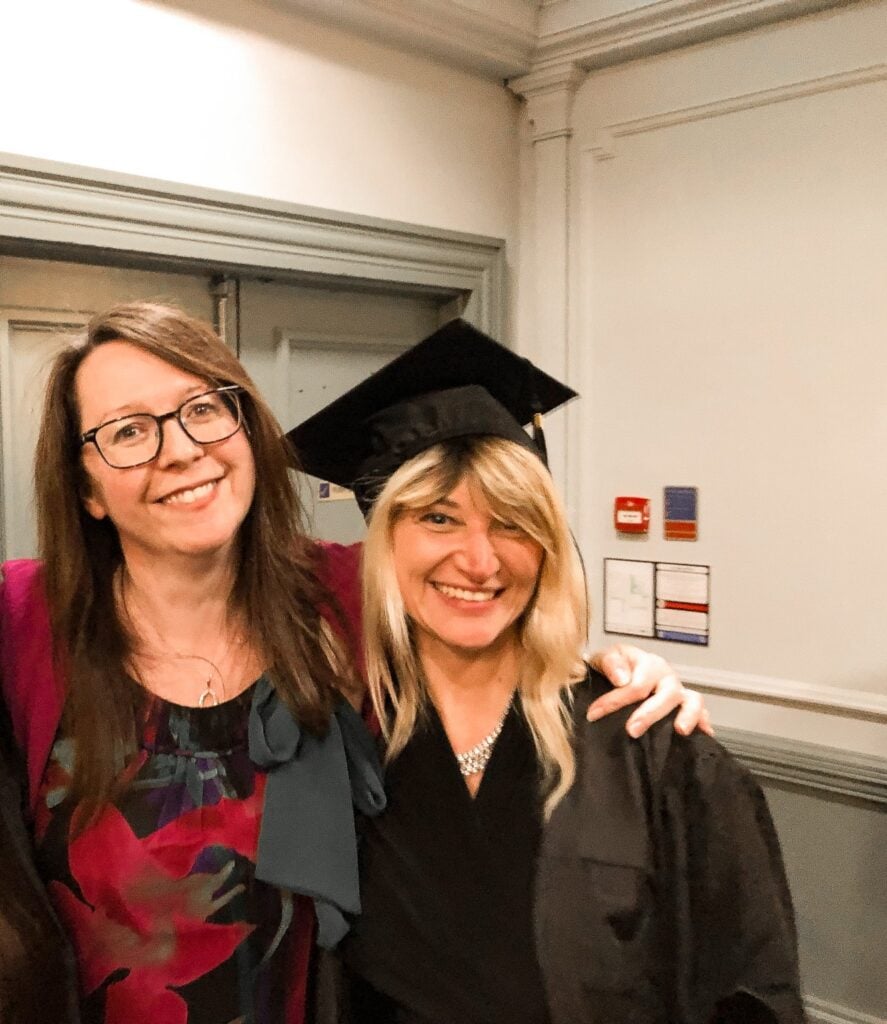
Apprenticeship graduation ceremony: a photo with my dedicated tutor Liz from Creative Process and a dear classmate.





